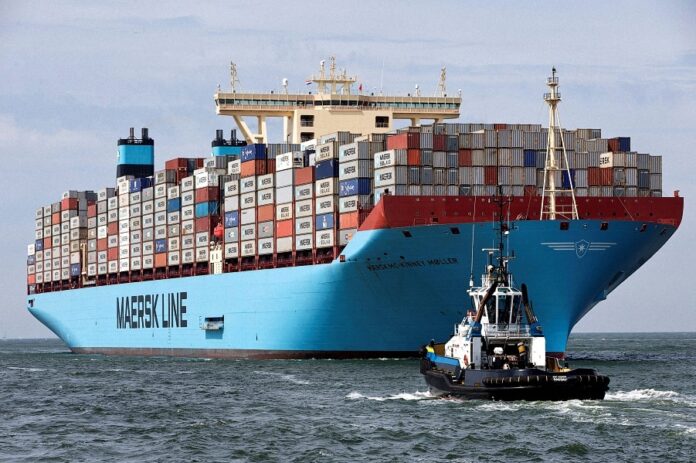By Anthony Areh
Capt. Tony Onoharigho, President, Nigerian Institute of Shipping (NIS), has appealed to the Federal Government to inject funds into the maritime industry to help it survive the remaining part of the year.
Onogharigho made the appeal in Lagos on Wednesday saying: “Injecting funds in maritime lies with the Federal Government to ensure that the industry, which serves as a major source of revenue for the country, strive in the post-COVID-19 pandemic.’’
According to him, the pandemic has caused a lot of setback in the maritime industry and has led to the closure of many ports for a very long time, especially Port Harcourt, Onne port.
Lagos port, he said, was partially closed.
“Seafarers are still on board, they have not returned homes and they have stayed close to one year.
“The only way we can handle this issue is to inject funds into the maritime sector by the federal government.’’
He said that injecting funds into the industry would lead to multiplier effect as people would be able to acquire vessels, register their vessels, trade and employ people.
The NIS president suggested that the cabotage funds, that had been hanging for many years could be released to enhance the maritime operation.
NAN reports that cabotage was established under the Cabotage and Inland Shipping (Cabotage) Act of 2003.
It was meant to provide finance to operators to maintain their vessels or buy new ones.
“With the COVID-19 as it is now, some people are still working and surviving it, and after the pandemic, life will not still continue.
“However, the only way to get this industry moving is to inject funds, remove tariffs while port charges should be reduced.
“A lot of people are suffering due to the lockdown, no money is coming in for them,’’ he said
Onogharigho urged the government to put some palliative measures to cushion the effect of the lockdown on these people and enable the industry to strive again.
He lamented the enormous losses that shipping companies have lost on their vessels.
“For instance, now a tug boat, if it is charging $30,000 or $25,000 for a TP Vessel and this TP vessel has been lying idle in the jetty without work, the owner would have lost a lot of revenue.
“Tankers, carrying crude oil, are stocked at sea and are not allowed to enter into a foreign port at the peak of the COVID-19.
“The high capacity tanker vessel like the VLCC takes nothing less than between $60,000 and $150,000 a day, depending on the newness of the tanker and the Gross Registered Tonnage (GRT).
“If you multiply that amount, let’s say $60,000 and the vessel stay at the high sea without offloading may be for one week, for example, that is a huge amount of money.
“So, COVID-19 has caused so much damage that cannot even be quantified,’’ he said.
The appealed that the demurrage and other tariffs that government said, it would step down, should be implemented without much delay.
Onogharigho said that in the airport, the government had introduced some measures to start operation and be able to meet the COVID-19 protocol.
He urged the government to do the same in the seaport, saying they make more money than at the airports.




